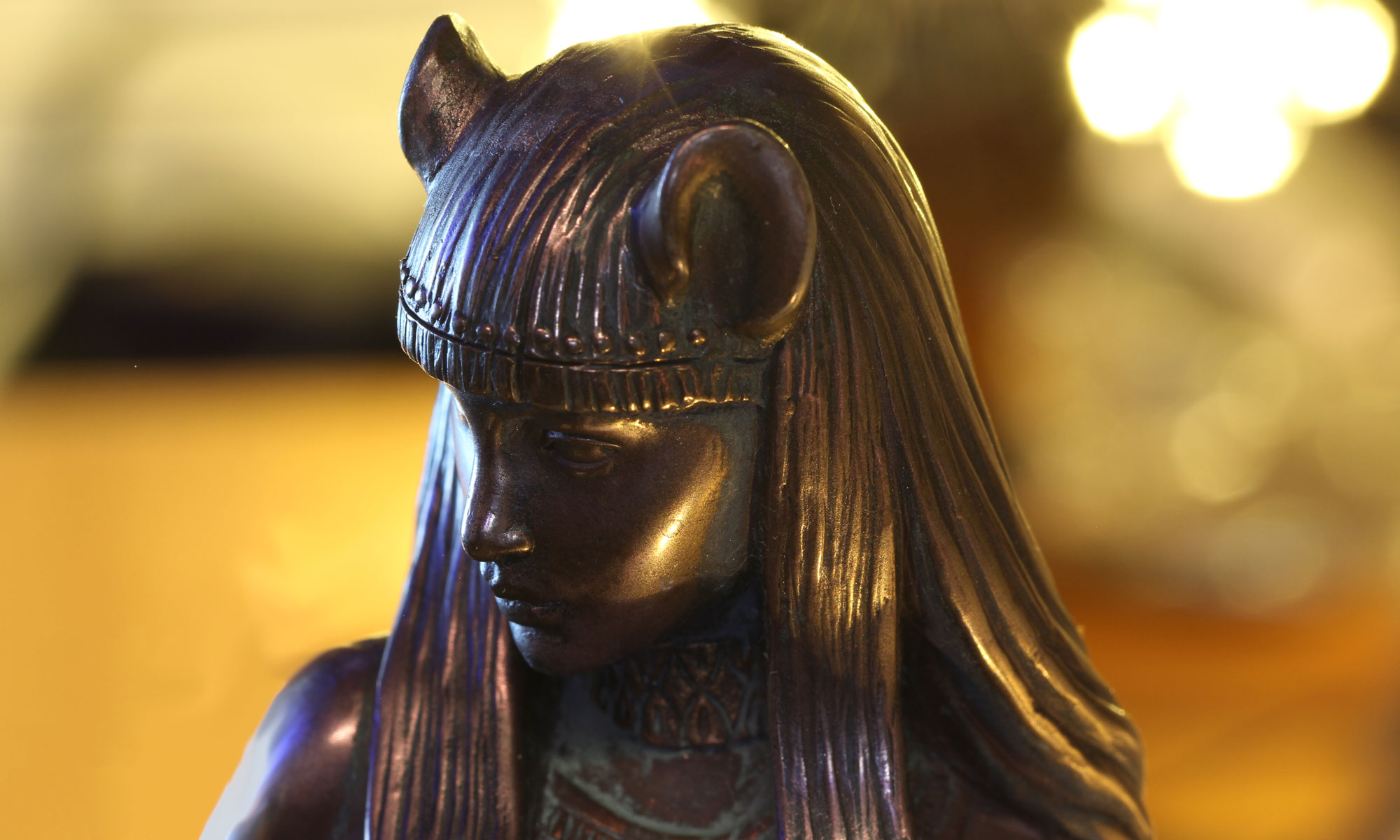ASWM is delighted to announce that Laura Fragua-Cota will be a conference keynote speaker for Saturday, March 29th.
Laura Fragua-Cota is a noted Southwestern artist with many awards and exhibitions to her credit, among them, the Patrick Suazo-Hinds Award at Santa Fe Indian Market, a Governor’s Award for Excellence in the Arts (New Mexico’s highest arts honor), and the 2013 Pueblo Of Isleta Award of Excellence: Honoring the Talents of Pueblo Arts and Culture. Her work has been exhibited in places as varied as the New Mexico State Fair and the Ekaterinburg Museum of Fine Art in Russia.
She speaks through many of the “languages of art” creating through words, movement, and both two- and three-dimensional pieces. Her images of life in the Pueblo Indian villages are inspired by deep connection to her communities, her sense of place, and her knowledge of their ceremonial life which celebrates the cycles and seasons.
The image of corn is prevalent in her work because of its centrality both as symbol and as major crop in her village. Cornmeal offerings as daily prayer in the home and the fields of corn that are planted in the surrounding countryside together feed body and soul.
As she says, Corn “has been and will always be one of the many ‘Mothers’ that care and nurture all her children.”
Growing up in the Jemez Pueblo in central New Mexico, Laura Fragua-Cota always wanted to be an artist but was initially discouraged because it was not deemed a practical aspiration. She hold degrees both in Art and in Art Therapy. She paints and sculpts using both limestone and alabaster, creating works both abstract and more traditional.
She says, “In my art, as in my heart, there is a marriage of the traditional and the contemporary. As an artist, a woman, and a Native American, my eyes are focused inside on what I feel and outside on what I perceive to be the realities of today. Each day of my life I thank the Creator for it has been a blessing to be able to share my vision through various media.”




